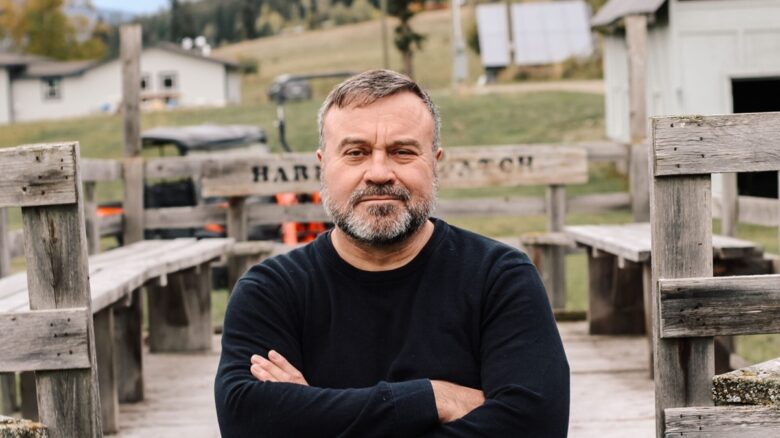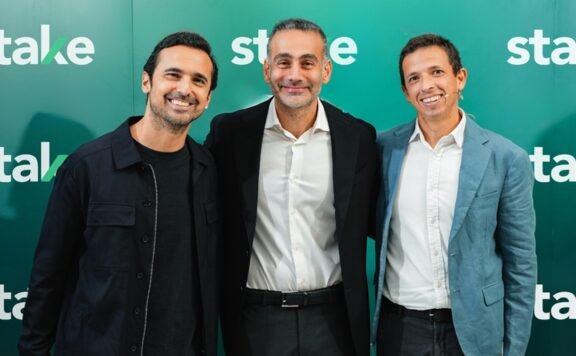Progressive Planet has been awarded a $1,140,000 grant from the British Columbia Innovative Clean Energy (ICE) Fund to support the continued development of its revolutionary PozGlass pilot plant.
PozGlass represents a breakthrough in low-carbon cement technology, transforming post-consumer glass into a high-performance supplementary cementitious material (SCM). This funding represents another significant milestone as the company scales its solution to address cement’s substantial carbon footprint.
“Cement production accounts for over 7% of global CO₂ emissions and creative solutions like Progressive Planet’s pilot plant in Kamloops is exactly what we need to reduce emissions here in B.C. while boosting economic development,” said Adrian Dix, Minister of Energy and Climate Solutions. “With support from the British Columbia Innovative Clean Energy Fund, Progressive Plant is scaling up their pilot project, which is focused on reducing the cement industry’s carbon footprint by transforming waste materials into valuable resources.”
“PozGlass is the right solution at the right time,” said Steve Harpur, CEO of Progressive Planet. “We’re tackling two major environmental challenges at once: reducing cement’s carbon footprint and creating a high value use for post-consumer glass that would otherwise end up in landfills. We gratefully acknowledge the financial support of the Province of British Columbia through the Ministry of Energy and Climate. The financial assistance of the BC Ministry of Energy allows us to scale up BC-based technology in BC.”
“This grant, alongside funding announced earlier this month and our strategic partnership with Lafarge Canada, is helping accelerate the transition to a lower-carbon cement industry,” said Randy Gue, Director, at Progressive Planet. “These investments are not just financial – they are a signal that industry leaders and government agencies recognize the potential of PozGlass to scale and make a meaningful impact.”
“This funding accelerates our mission to scale PozGlass, demonstrating its readiness for commercial adoption while enabling the cement industry to achieve significant emissions reductions,” added Harpur.
PozGlass offers a triple-bottom-line solution:
- Reducing emissions by replacing up to 50% of Portland cement, a major contributor to CO₂ missions.
- Sequestering carbon by permanently converting captured CO₂ into limestone.
- Diverting waste by repurposing post-consumer glass into a valuable industrial material.
Cement production accounts for over 7% of global CO₂ emissions, and sources for traditional SCMs like fly ash and slag are transitioning out. With Lafarge Canada already committed to purchasing all PozGlass produced at the pilot plant, Progressive Planet is well-positioned to scale a viable, made-in-Canada solution that supports both industry and the environment.
Progressive Planet’s Kamloops, British Columbia-based pilot plant is set to begin operations in October 2025, marking a key step toward scaling PozGlass production and accelerating its adoption across North America and beyond. The first phase of operations includes dry processing of post-consumer glass to remove contaminants and create coarse glass powder – the key ingredient in PozGlass.
In Phase 1, Progressive Planet will also manufacture additional coarse glass products such as CanBlast, a crystalline silica-free sandblasting media, which the company has sold for over a decade through a third-party manufacturer.
Phase 2 will introduce wet grinding of the coarse glass powder to produce PozGlass. Construction of the wet grinding facility is expected to be completed in late 2026, further enhancing Progressive Planet’s capacity to meet industry demand for sustainable building materials.





